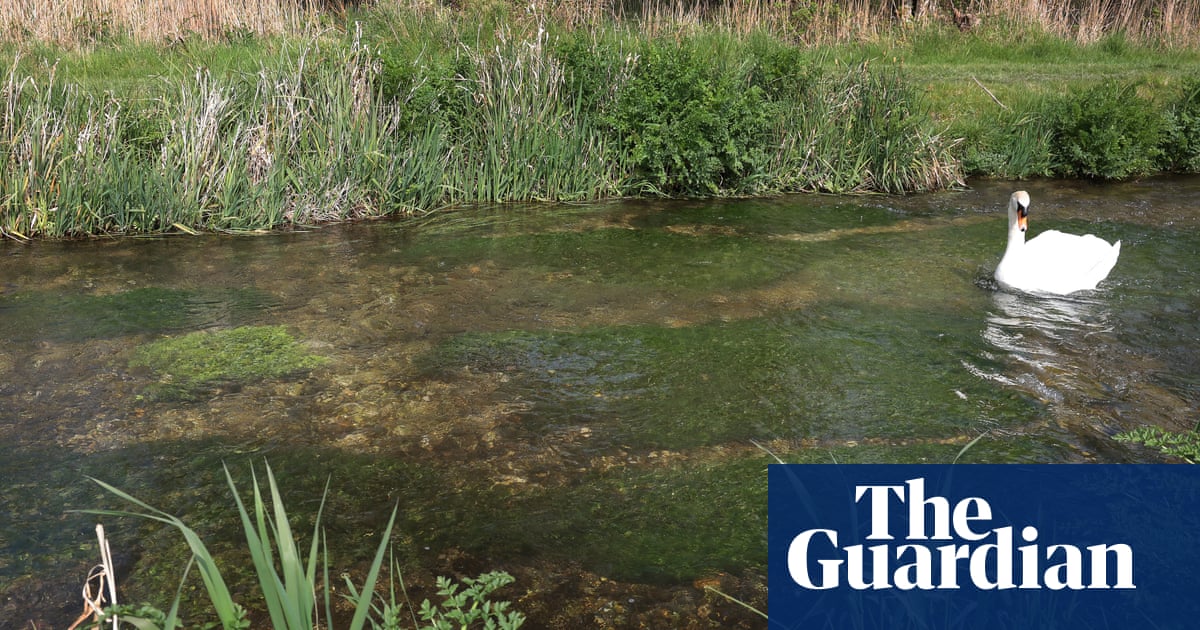Labour is using post-Brexit freedoms to override EU nature laws and allowchalk streamsandnightingale habitatsto be destroyed, MPs have said.
The planning and infrastructure bill going through parliament will allow developers to circumvent EU-derived environmental protections and instead pay into a nature restoration fund.
This would override the habitats directive, which protects animals including otters, salmon and dormice. Under the new bill it will be possible to pay into the fund and build over their habitats.
The bill also allows potential development of EU-designated sites including sites of special scientific interest and special protection areas.
This week the Guardian revealed that the bill poses a threat to5,251 areasknown as “jewels in the crown” for nature. They include cherished natural landscapes such as the New Forest, the Surrey Heaths, the Peak District Moors and the Forest of Bowland, and rivers such as the Itchen in Hampshire and the Wensum in Norfolk.
The Office for Environmental Protection, the nature watchdog set up to replace EU checks and balances, haswarnedthat the bill would be a “regression” in terms environmental protection.
Clive Lewis, the Labour MP for Norwich South, said the public did not realiseBrexitwas being used to weaken nature laws.
“I don’t think people have made the connection about Brexit,” he said. “What we, theLabourgovernment, are doing with Brexit is using it in such a poor way. We’ve already seen it with water standards, pesticide standards over the last eight years, but this just turbocharges it all.
“There’s a sense we are able to get away with it because it’s not what people expect us to do. There is immediate outrage from the public when the Tories do it. People are confused when Labour does it.”
He said he would be voting against the bill in its current form. “I don’t understand how anyone who is environmentally minded can vote for this bill,” Lewis said.
Other political parties are planning to try to win over disaffected nature-loving Labour voters who might be disheartened to see their local green spaces concreted over before the next general election.
Gideon Amos, the Liberal Democrats’ planning and housing spokesperson, said: “The government seems content to dilute protections of our waterways and local wildlife with vague promises of future benefits and little clarity about when they will materialise. With national landscapes and precious chalk streams disappearing, we need urgent action from the government, working with our European neighbours, to protect vital ecosystems which run right across Europe.
“The Liberal Democrats have long led the campaign in parliament to clean up our rivers and chalk streams. We will continue to fight for their survival with our amendments to protect chalk streams and natural habitats in this bill.”
Zack Polanski, the deputy leader of the Green party, said: “Labour are once again showing there’s nothing they won’t learn from Reform. Not only are they content to sell off nature to the highest bidder, they’re only able to do so because they’ve utterly failed to defend the regulations that once protected our environment.
“This destruction is only possible because of their utter inaction on making the case for the value of EU environmental protections. From nightingales to chalk streams, our natural habitats deserve so much better than this bill – and so much better than this nature-destroying Labour party.”
The Wildlife Trusts said: “The legislation would significantly weaken important habitat regulations – rules which have helped to effectively protect wildlife and wild spaces for decades. In so doing the bill risks stripping away vital protections without clear requirements on developers to deliver the nature restoration needed to revive precious landscapes such as chalk streams, wildflower meadows and ancient woodlands, and to protect treasured species like hazel dormice, otters and struggling bird and butterfly species.”
